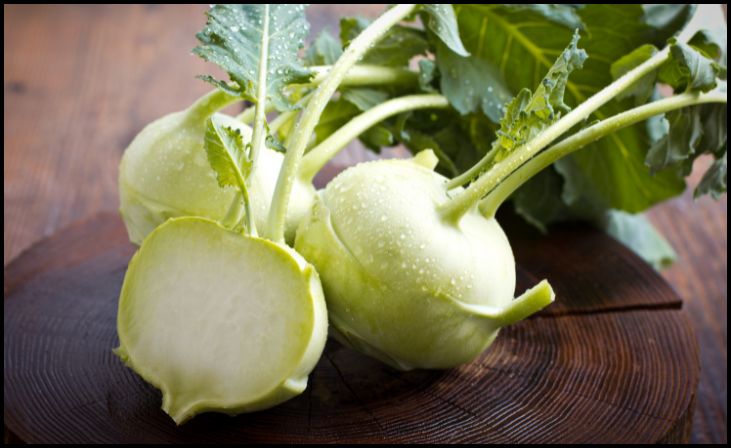When it comes to gardening, companion planting is a strategy that involves growing certain plants together to benefit each other in various ways, such as pest control, pollination, and nutrient enhancement. While companion planting can be highly beneficial, not all plant combinations work harmoniously. In this blog post, we’ll explore seven companion plants that you should avoid growing with tomatoes due to potential negative interactions.
1. Corn

Corn is a heavy feeder that competes with tomatoes for nutrients, particularly nitrogen. Planting corn near tomatoes can result in stunted growth and reduced yields for both crops. Additionally, corn is susceptible to corn earworms, which can also attack tomatoes, leading to pest infestations.
2. Potatoes
Both tomatoes and potatoes belong to the nightshade family, making them susceptible to similar diseases and pests, such as blight and nematodes. Planting them together increases the risk of these problems spreading and can lead to poor overall plant health.
3. Cabbage Family (Broccoli, Cauliflower, Cabbage)
Plants from the cabbage family, including broccoli, cauliflower, and cabbage, release compounds known as glucosinolates, which can inhibit tomato growth and development. Additionally, cabbage loopers and other pests that target the cabbage family can also damage tomato plants if they are grown nearby.
4. Fennel

Fennel is known for producing chemicals that inhibit the growth of nearby plants, including tomatoes. Planting fennel near tomatoes can lead to reduced yields and stunted growth due to the allelopathic effects of fennel.
5. Walnuts
Walnut trees and their roots release juglone, a toxic compound that can harm many plants, including tomatoes. Growing tomatoes near walnut trees or using walnut wood chips as mulch can lead to yellowing of leaves, reduced fruit production, and overall weakened plants.
6. Dill
While dill can attract beneficial insects like pollinators, it also produces chemicals that can stunt the growth of nearby plants, including tomatoes. Avoid planting dill in close proximity to tomatoes to prevent potential growth inhibition.
7. Kohlrabi

Similar to other plants from the cabbage family, kohlrabi can release compounds that hinder tomato growth. Planting kohlrabi near tomatoes may result in nutrient competition and reduced vigor for both crops.
Conclusion
While companion planting can offer numerous benefits in the garden, it’s essential to be mindful of which plants to avoid pairing with tomatoes. By steering clear of these seven companion plants, you can help ensure optimal growth, yield, and overall health for your tomato plants. Happy gardening!



